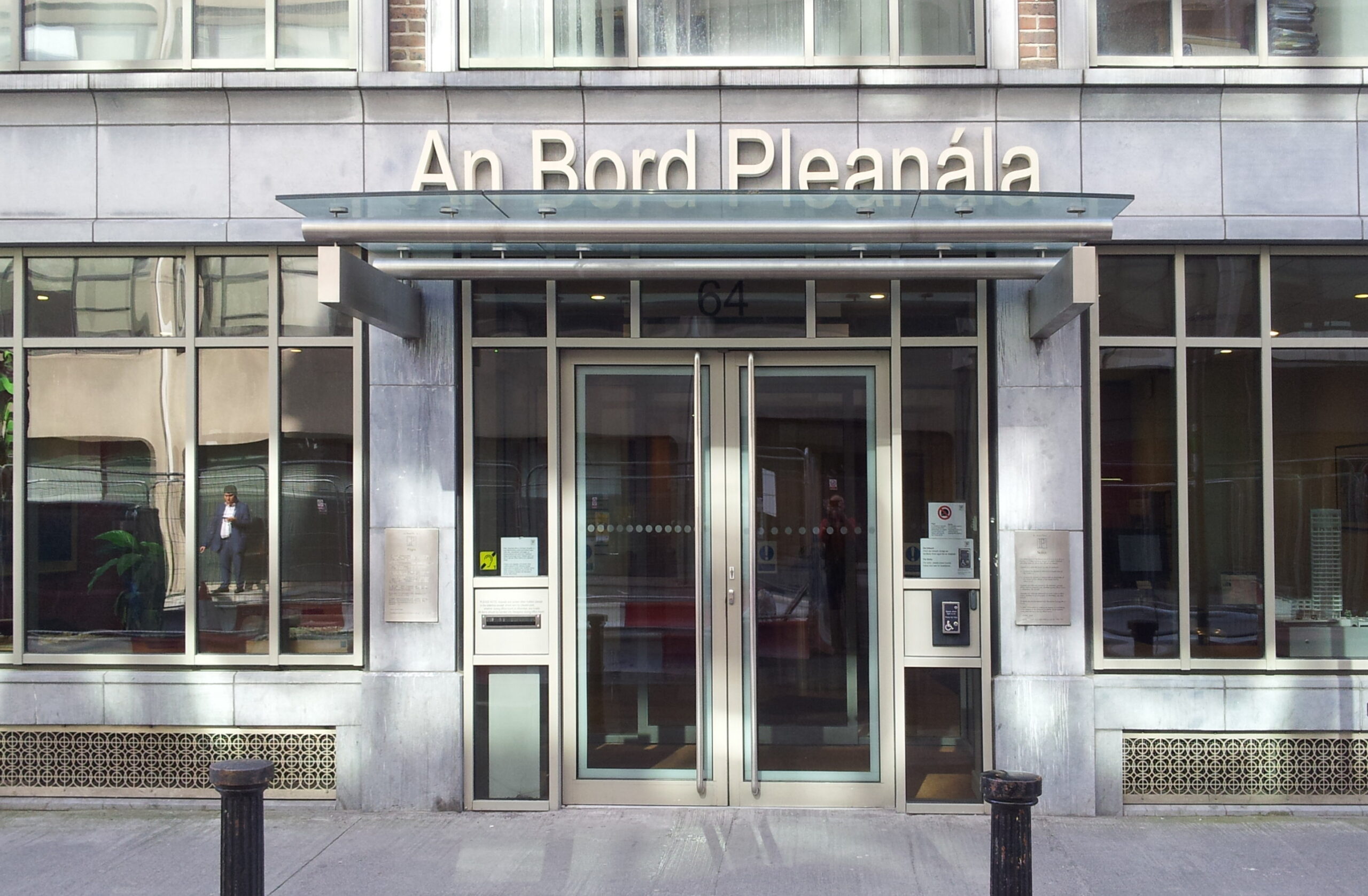
Missing Targets in a Housing Crisis
There are – still – more than 11,000 people homeless. Homelessness figures have been record-breaking, (you might say exceeding their targets) for six months in a row. But the Government’s targets for social housing have not even been met, never mind exceeded. This fact has been further compounded by the Department of Housing’s reported underspend of €340 million in its housing budget for last year, which raises further questions about the Department’s capacity and determination to lessen the severity of this crisis.










